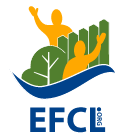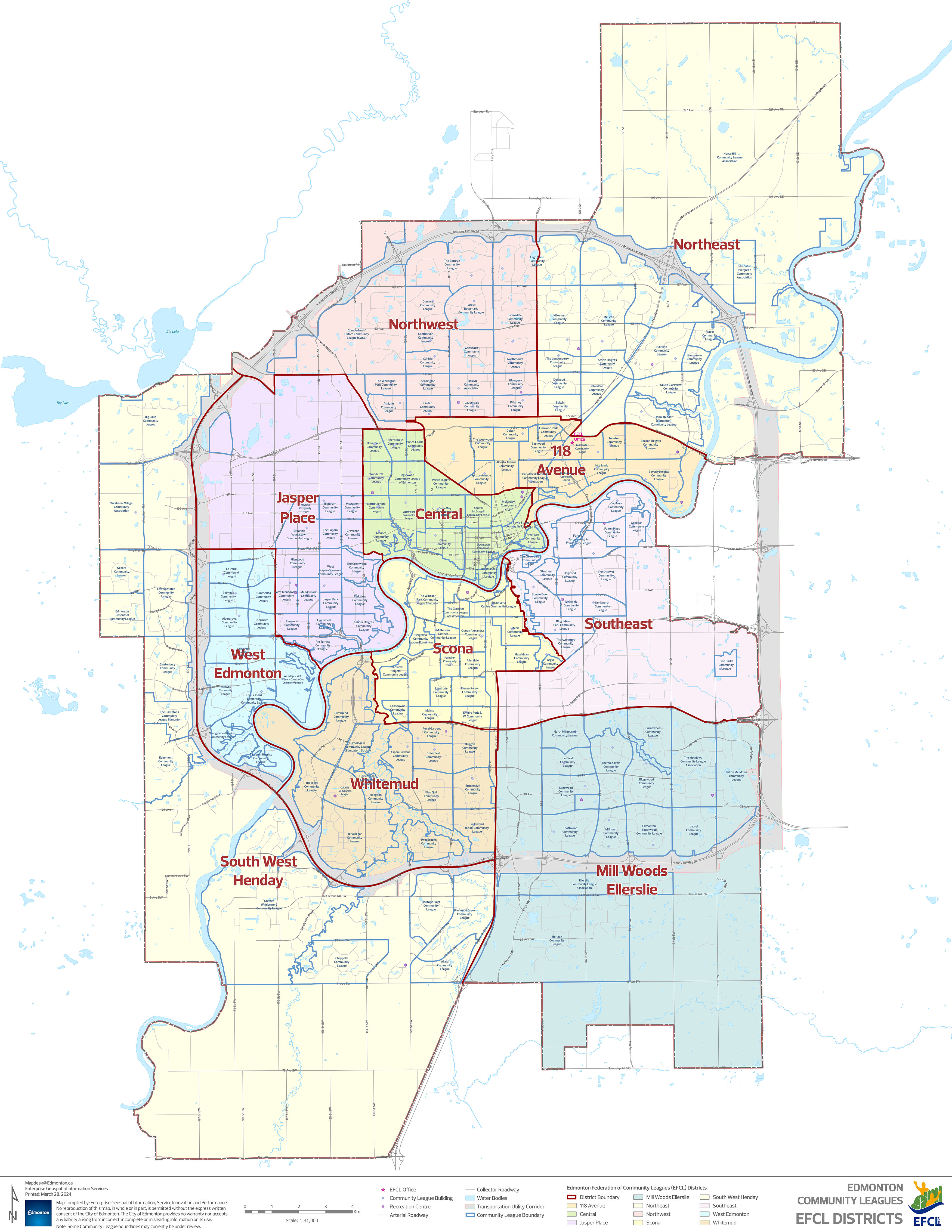Community Planning and Sustainability Working Group
Community Leagues are local democratic institutions with a long history of working to improve wellbeing in neighbourhoods. Building on this history, the EFCL is creating a new working group that will look at community led urban planning and take leadership on climate action.
Nominations and applications are open until May 26.
Join Us and Build a Better City
The EFCL’s new working group (the acronym is CPSWG) will be made up of local leaders and community builders with a passion for urban planning, energy transition or climate advocacy.
CPSWG Focus Areas
- Housing and Affordability
- Transportation and Mobility
- Citizen Participation and Education
- Greenhouse Gas Emissions Reduction
- Climate Action
- Environmental Justice
JOIN:
If you’re not already a Community League member, talk to us or sign up to join your League. Then, fill out an Application Form. If you represent a Community League, nominate someone for the role.
Learn About The CPSWG

Purpose
In response to the recognition of the link between urban planning and climate change, the EFCL is launching a new Community Planning and Sustainability Working Group. We’re excited to bring local leaders and community builders together to think big about how Community Leagues can lead in creating a vibrant, just and sustainable Edmonton.
Responsibilities
Members will:
- Advise the EFCL board of directors on urban and environmental issues
- Develop local leadership and League capacity
- Establish relationships with partner organizations
- Support just, inclusive and participatory local decision making
Scope
The working group will:
- Review municipal plans and policy
- Consider planning, transportation and energy transition policy proposals and accompanying engagement plans and reports
- Recommend updates to EFCL policy
- Participate in EFCL District meetings with District representatives; provide accountability back to the District, understanding their challenges so they can be brought back to the committee for consideration
- Support and advise the EFCL advisors
New to Community Leagues? Here’s the basics.
A Community League is a local democratic institution formed to organize ordinary citizens, businesses, schools, religious groups and other stakeholders in a neighbourhood to participate in decisions that affect them.
Each of the 162 Leagues in Edmonton is an independent, volunteer run not-for-profit organization that:
- Is open to anyone in the neighbourhood
- Holds League board elections in the neighbourhood
- Brings people together to talk about matters that affect them
- Champions local placemaking and public projects
- Lobbies local and provincial governments on behalf of the neighbourhood
- Provides social and recreation programs to the community
How do Leagues work?
Community Leagues in each of the 11 districts are represented by a member of the EFCL Board of Directors. This means that from the bottom-up, the EFCL Board can advocate for Leagues, and ensure that everyone has a voice in their own community.
The Community League system seeks to provide a participatory democratic structure through which you and others in your neighbourhood can provide a vision for the future and act on it together.
The Role of Leagues in Sustainability and Urban Planning
Leagues bring together individual voices to generate collective action on matters related to city planning, community development, environmental stewardship and climate justice.
Community Leagues have a long history of civic engagement and advocacy. Leagues were originally founded to “counter the overpowering political force of the chamber of commerce, its business tycoons, and the developers who were reaping fortunes from the rapid growth of the area at the turn of the century,” writes Ron Kuban, in Edmonton’s Urban Villages.
Today, Community Leagues endeavour to ensure diverse, inclusive decision making that centres residents and under-represented voices in their neighbourhood. Leagues act to make space for important conversations about environmental, social and economic wellbeing in the community. Many Community Leagues have formed their own civics and sustainability committees to work toward a common vision for their community.





